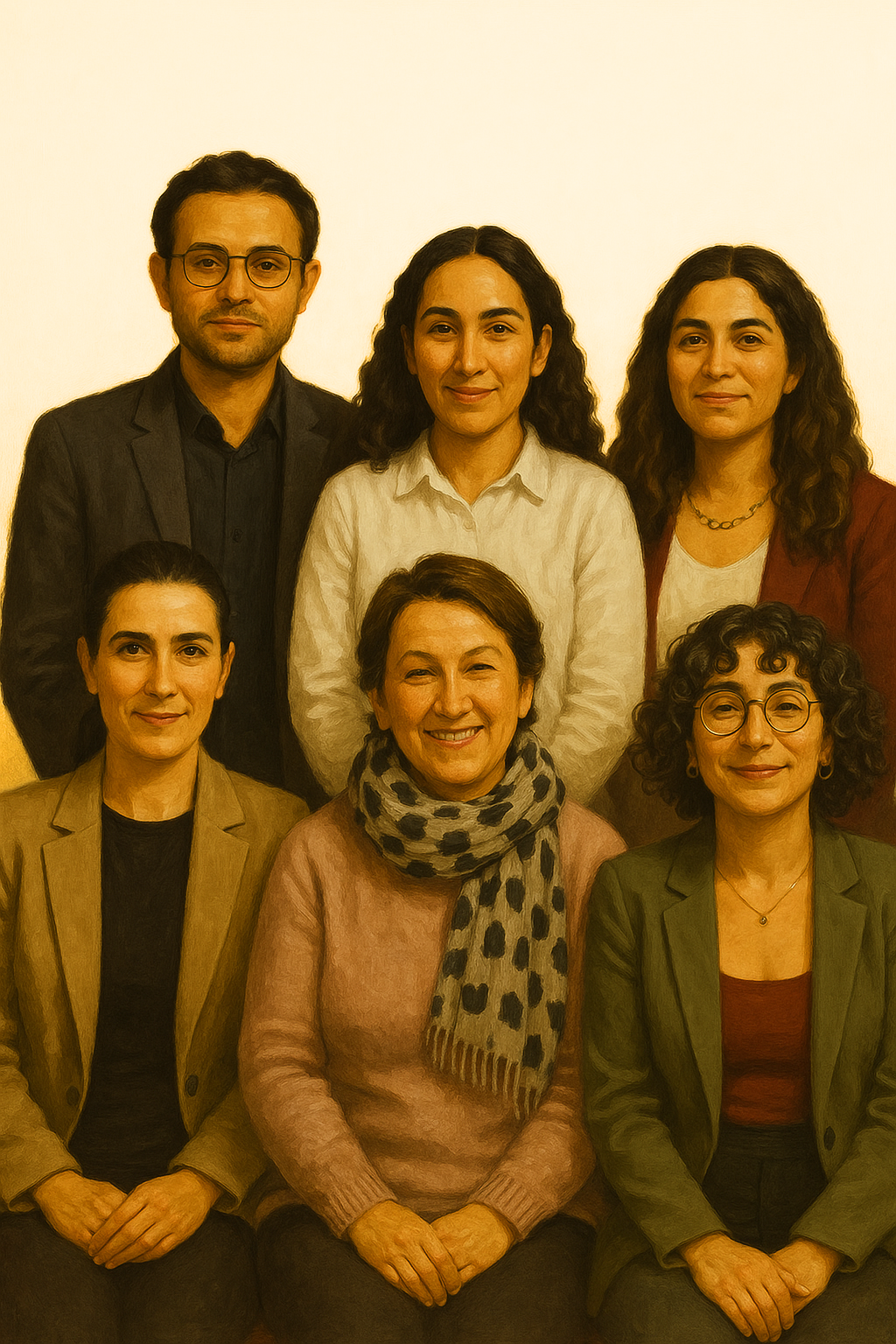
How a Turkish NGO advocates for inclusion and Respect.
Growing up as a young Roma woman in Turkey, Fatoş Kaytan faced prejudice at every turn. “When you reveal your identity as a Roma, people’s facial expressions change,” she says. “Roma are portrayed as criminals or as colourful entertainers. Teachers label you as a troublemaker. Landlords don’t rent to you. Hiring committees reject you, and people use ‘gypsy’ as a slur.”
Fatoş, a psychologist by training, was determined not to give in to these stereotypes. She wanted to dedicate her life to standing up for her people, the Roma of Turkey, the largest Roma community of the world. Estimated at up to six million people, they are the most impoverished and stigmatised group in Turkey, and are not officially recognised as a minority.
In 2022, Fatoş founded Romani Godi (Roma Memory Studies Association) to challenge what she calls “anti-gypsy-ism and to highlight the richness of our culture.” She wanted to make sure that Roma youth could be proud of their identity. “I wanted to create a space for Roma, by Roma,” she says.
Romani Godi builds on years of work by Fatoş and her colleagues as volunteers with the European Roma Rights Centre. While there are an estimated 600 Romani NGOs in Turkey, many of these are politically aligned, and none focus on Roma rights and discrimination.
Romani Godi set out to do different work. “We want to make sure Roma people can live free from discrimination and exclusion,” Fatoş says.
“The violations of human rights that Roma people face in Turkey are systemic and have a long history,” she says. “Our fight for equality needs to be systemic and organised. It’s not something that can just be achieved overnight. Hate crimes and discrimination are growing, and we needed to move beyond temporary volunteer projects and to establish something sustainable to fight for human rights for Roma people.”
Discrimination increased in the aftermath of the devasting February 2023 earthquake that hit the south-east of Turkey. Roma communities were falsely accused of looting and suffered violent attacks.
“We worked as volunteers to block hateful language online and create counterarguments for the animosity directed at Roma people,” she explains, relating that she has long worked on projects to counter hate speech against Roma on social media.
Mainstreaming Equality
Romani Godi has a broad range of activities aimed at promoting the rights of Roma people, from monitoring human rights in various sectors—education, housing, healthcare, and employment—to advocating for policy changes.
“We don’t just talk about the violations committed [against] the Roma people, we also work at creating sustainable solutions beyond some superficial changes,” she says.
“It’s not just about improving specific conditions; it’s about changing the narrative around Roma people,” she continues. “We need to fight against the stereotypes and prejudices that have existed for centuries, and which still influence the everyday lives of Roma.”
One of the main objectives of the organisation is to raise awareness about the everyday challenges faced by Roma. As Fatoş explains, Roma children often perform poorly at school due to prejudice and the lack of a supportive environment.
“Many Roma children quit education early due to bullying,” she says. “There’s no institutional support for them. We need to make sure that these children are given the opportunities they deserve. Our work includes collaborating with schools and local authorities to improve educational access and resources for Roma students.”
Housing is also an area where the Roma community faces significant challenges. Families are often forced to live in informal, substandard housing, where conditions can be unsafe and overcrowded.
“Access to proper housing is a basic right,” Fatoş says. “But for many Roma families, the barriers are too high. There’s a lot of discrimination when it comes to renting. This is something we fight against.”
Working for the future
Fatoş credits the EED’s support as crucial in helping Romani Godi to sustain its operations, and to strengthen its capacities. The organisation has now developed a three-year strategic plan that includes increased youth participation and training. It already has an excellent track record of successfully implementing grants.
Romani Godi has built a diverse team of young people, mostly women, who represent a new Roma generation. The team offers leadership training and mentorship programs aimed at equipping young Roma with the tools they need to advocate for themselves and their communities.
“Empowering young Roma activists is key for us,” Fatoş says. "Our dream is to see younger Roma involved in advocacy, fighting for their rights. We want to create a space where they can share their experiences and build the capacity to make a real difference.”
The team is expanding its collaboration with other NGOs working on human rights in Turkey. They work with groups focused on the rights of Kurds, LGBTQI+ individuals, and other marginalised communities.
“We support each other because our struggles are interconnected,” Fatoş says. “The political situation in Turkey is tense, and there’s a lot of pressure on civil society organisations. Many international donors have pulled back their support because of the political situation, and it’s becoming harder for us to do our work. We continue because we believe in our cause. We know that we’re making a difference.”
“We believe that change is possible, and we will keep fighting for a better future for all Roma people in Turkey,” he says.
This article reflects the views of the grantees featured and does not necessarily represent the official opinion of the EED.